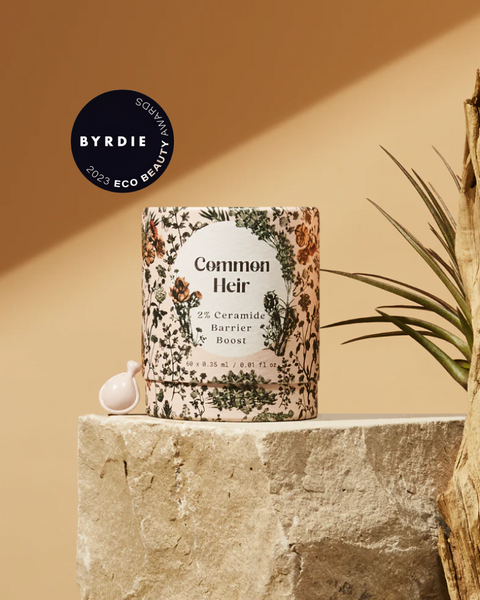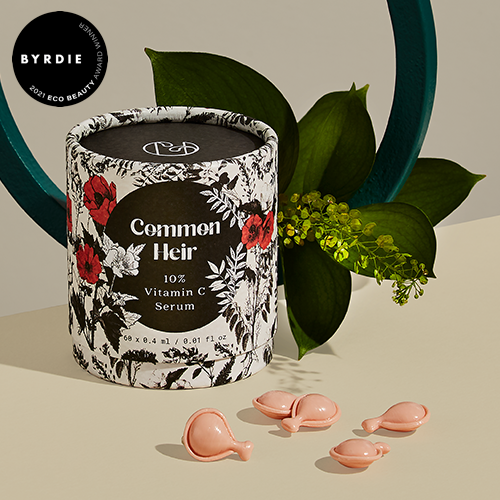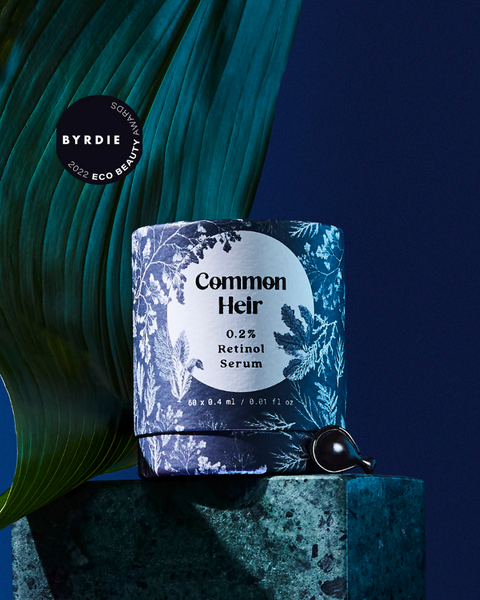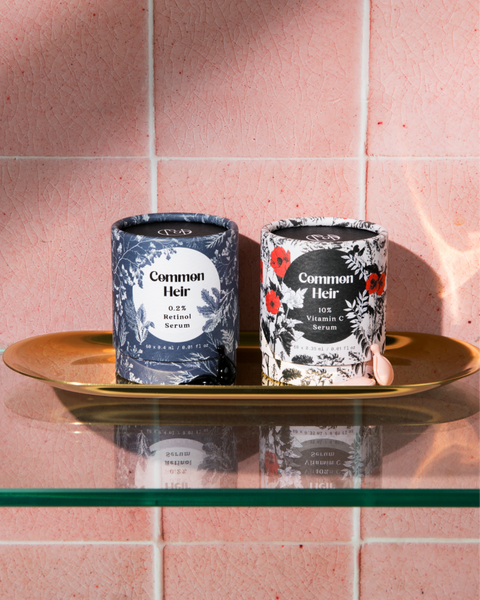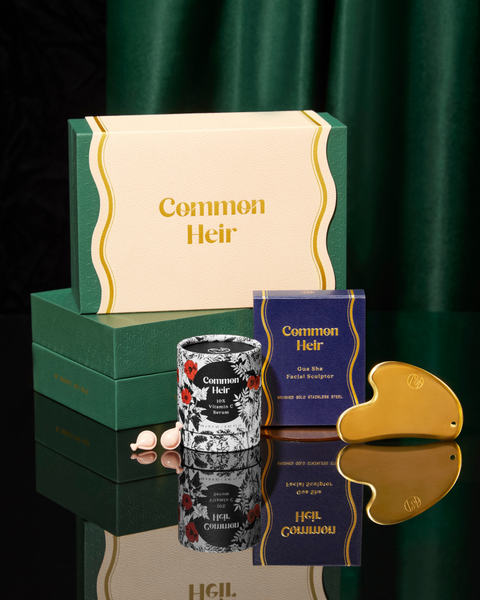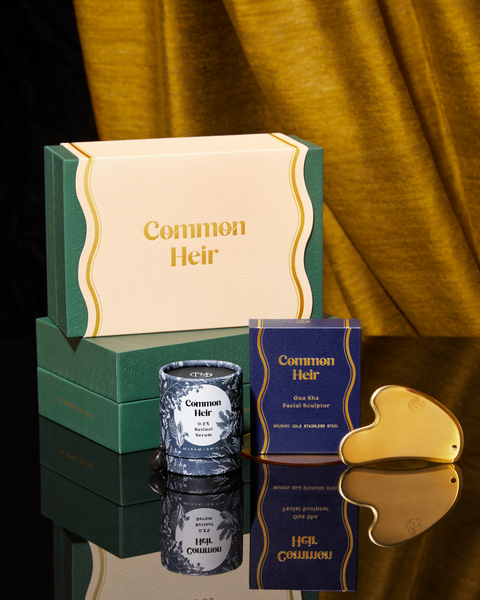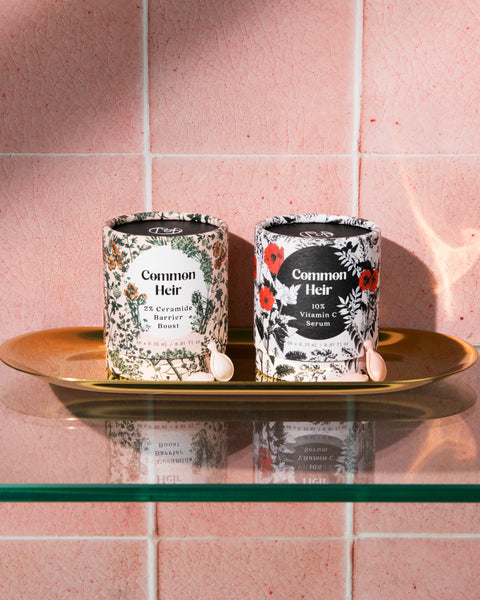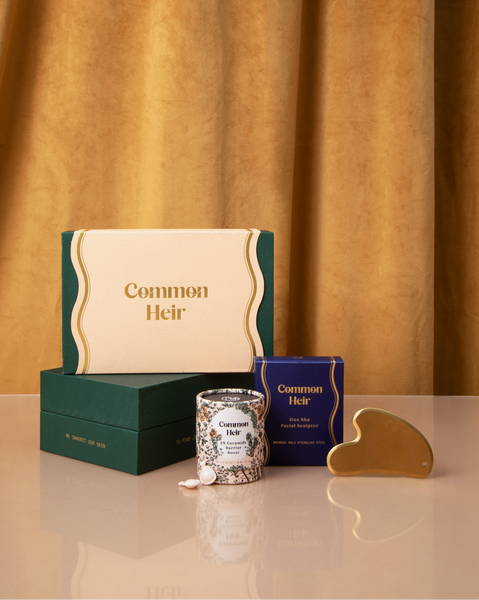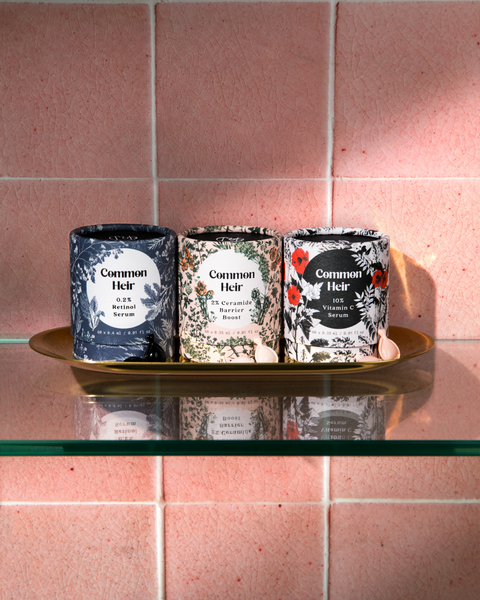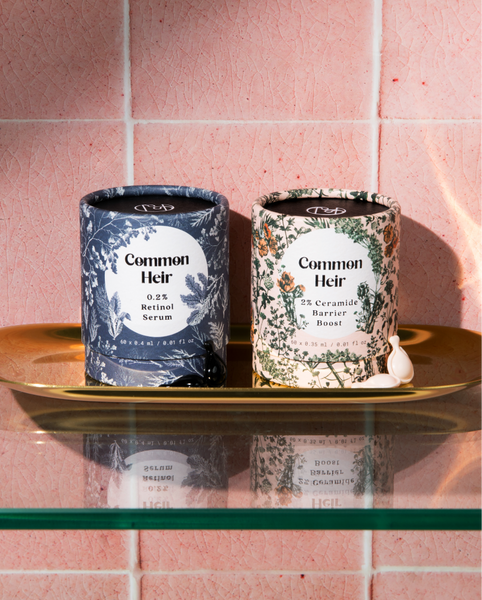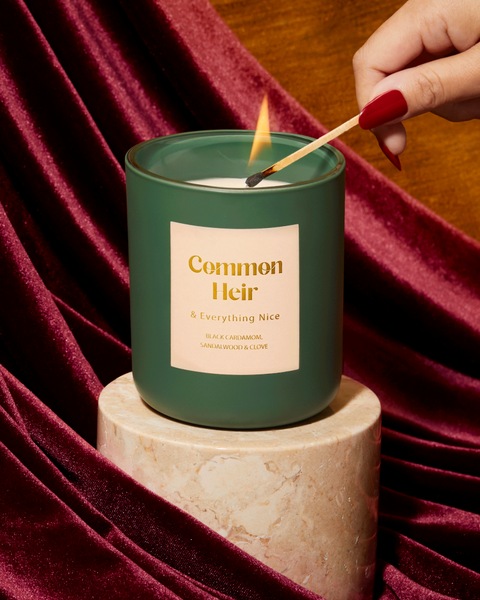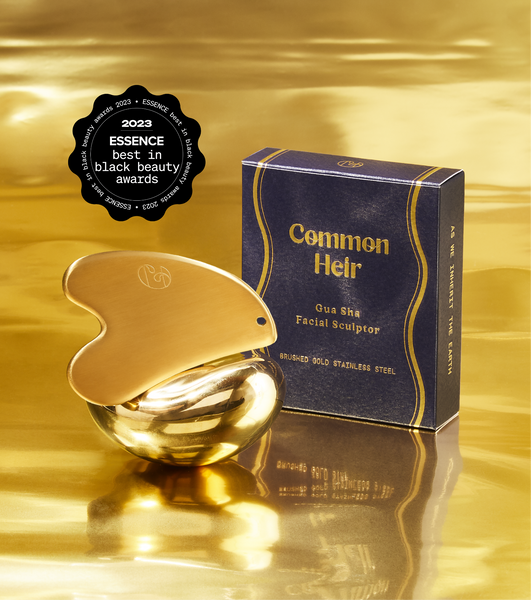Those of us with sensitive skin have heard the rumors or even worse, had terrible experiences ourselves with the wrong retinol or using it incorrectly for our delicate epidermis. We’re here to unravel the retinol rumors and help you get to know the new retinol products benefitting even sensitive skin.
Sensitive skin explained
If the question: “Do you have sensitive skin?” sends you into an existential spiral, it’s likely because “sensitive skin” is not a medical diagnosis. Itching, stinging, peeling, a rash, or breakout — we know what sensitive skin can look or feel like, but the causes vary:
- External factors
- Environmental stressors, like pollution or too much sun
- Diet, stress, smoking anything that you put in your body
- Products, or anything that goes on your body
- Internal factors
- As we age, skin thins and can be easier to agitate, similar to how your delicate eye area requires dedicated rituals
- We’re appreciative of all that’s passed down to us, but common inflammatory skin conditions, like rosacea and eczema, can also be in our DNA
No matter the cause, sensitivity is most often the result of damage to your skin’s protective outer layer. Keeping your skin barrier healthy will support it in naturally defending against irritants.
Retinol unraveled
Retinoids renew, supercharging cellular turnover to rid skin of dead cells quickly. This exfoliation process minimizes lines and wrinkles, smoothes, and brightens. In the wrong formulations or overuse, it can strip skin, leading to major irritation or peeling. Yikes!
How to use retinol
At the perfect percentage and in a thoughtful formulation, retinol can be approachable and effective for sensitive skin or any skin — that’s what we set out to prove with our Retinol Serum Capsules. Here’s how to start with retinol and avoid sensitivity while reaping all the benefits.
- Apply retinol only at night to clean skin: Wash off in the AM before applying other actives.
- Moisturize: Nourish dry skin with an unscented moisturizer after retinol usage and look for hydrating natural ingredients in formulas.
- SPF or Bust: Skip extended sun exposure right after retinol usage as it makes your skin more sensitive to those UV rays and ALWAYS wear sunscreen formulated specifically for your face. Sunscreen mixed into moisturizers, primers & foundation are less effective than pure and clean SPF.
Though everyone’s skin is different we’ve formulated a retinol designed for all.
